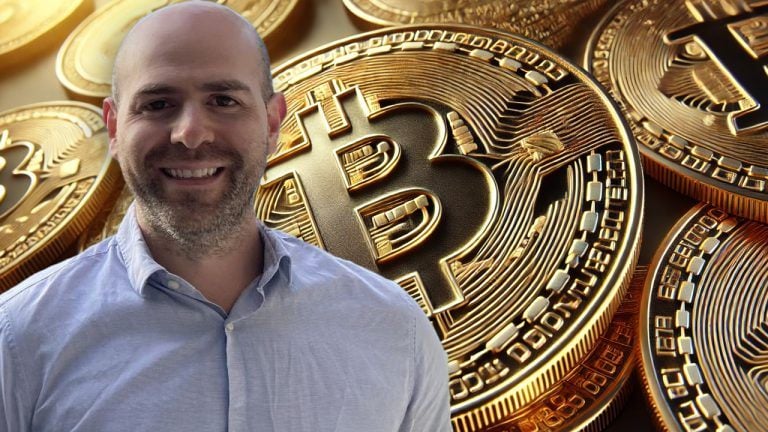Federal Reserve official: Stablecoin growth is ‘exponential,’ deserves ‘attention’

Boston Federal Reserve President Eric Rosengren notes that Tether could be a “disruptor” to short term credit markets.
While a presentation yesterday from Boston Federal Reserve President Eric Rosengren has some members of cryptoTwitter spooked at the idea of regulation and oversight, the central bank might simply be pondering the future.
In a presentation titled “Financial Stability,” Rosengren identified the stablecoin Tether by name as a part of three different “Financial Stability Challenges.” The challenges included risks to the housing market, the need for emergency lending facilities in times of crises, and “periodic disruptions to short-term credit markets,” where Tether was noted as one possible disruptor.
A follow-up slide noted that stablecoins are rapidly growing in marketcap, and now are roughly 20% the size of the total AUM for prime money market mutual funds:

“The reason we should be a bit concerned about stablecoin is that its growing very rapidly so there’s exponential growth in stablecoin,” Rosengren said in an interview with Yahoo Finance. “[…] I do think we need to think more broadly about what could disrupt short term credit markets over time, and certainly stablecoins are one element.”
RELATED: Tether mints more coins to break $60 billion market cap
While Avanti Financial group CEO Caitlin Long rang the alarm bells that this could be a harbinger of the Federal Reserve laying the groundwork for a regulatory framework for stablecoins, Rosengren ultimately seemed to be taking a more tempered view.
3/ And here’s part 2.
Again, every single USD ultimately clears thru the Fed, which means the Fed has jurisdiction over USD #stablecoins. It matters that the Fed is saying this. Caveat emptor, folks. pic.twitter.com/iWkO7AoUpn
— Caitlin Long (@CaitlinLong_) June 25, 2021
Rosengren noted that the rise of stablecoins aren’t a threat to credit markets on their own, but instead need to be evaluated in terms of the risks they might pose if they continue to grow as a segment of credit markets, and to what degree the Fed could backstop stablecoin-dominated markets:
“I do worry that the stablecoin market that is currently, pretty much unregulated as it grows and becomes a more important sector of our economy, that we need to take seriously what happens when people run from these type of instruments very quickly. And just like the money market funds caused a bad disruption in credit markets, I think a future financial stability problem could be occurring if we don’t start thinking carefully about what happens to things like stablecoins next time we have a bad market difficulty.”
Rosengren also noted that “We actually had a stablecoin that ran into financial difficulties last week,” but declined to name which. Additionally, despite being asked twice by anchor Brian Cheung, Rosengren declined to say whether the Fed would step in to “backstop” Tether or other stablecoins if they ever posed a risk to broader credit markets.
He noted, however, that Tether’s backing and the backing of other stablecoins “basically looks like a portfolio of a prime money market fund but maybe riskier,” and as such liquidity injected into money markets in times of crisis would effectively backstop Tether as well.
Tether disclosed for the first time in March their full reserve balance sheet, and in February settled with the NYAG a suit that said they improperly reported the degree to which the stablecoin was backed by fiat.









